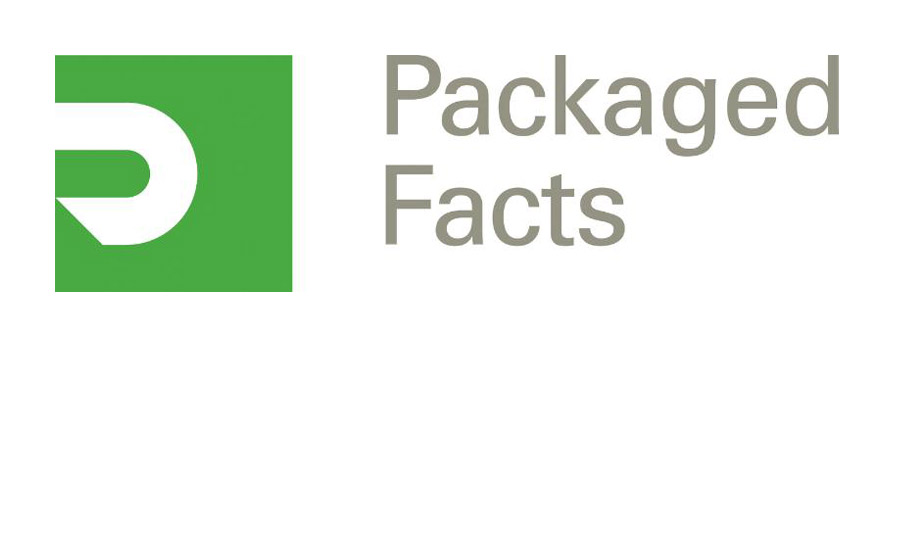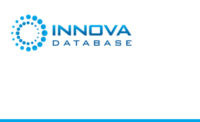Congress Decides on GMO Labeling: Will Consumers Be Happy?
56% of US adults seek information and transparency on food and beverage labels

Unlike a book, you can judge a food product by its cover. In fact, more than half of American adults (56%) actively seek out nutritional information and guidelines on food labels, according to market research firm Packaged Facts in the report, Nutritional Labeling and Clean Labels in the US: Future of Food Retailing.
Packaged Facts survey data reveals that most American consumers:
• scrutinize labels for information about nutrition and ingredients
• actively look for and purchase specific free-from types of grocery products
• are aware of issues regarding diet, nutrition, and ingredients
• take the initiative to become more educated on these issues
“It’s almost hyperbolic to imply that there is essentially no such thing as superficiality when it comes to educating consumers via food and beverage labeling,” says David Sprinkle, research director, Packaged Facts. “Imaginative design and attractive looks can dazzle the eye, but it’s the words on a product that make the true difference. Information matters, ingredients matter, and most of all transparency matters.”
The onus therefore is on manufacturers and marketers to ensure that consumers know what they are paying for. And while most companies are forthright to varying degrees, there remains heated national debate regarding some ingredients and the labeling of them more than others. Among the most hotly debated are genetically modified organisms (GMOs).
Amid increased negative publicity about genetically modified organisms (GMOs), surveys show that a growing number of US consumers are concerned about GMOs in their food—even when they don’t really understand what GMOs actually are. Previously, in the absence of Federal regulations regarding GMOs in foods and beverages, some prominent retailers and marketers took the initiative to eliminate GMOs from their products. Companies such as Whole Foods and General Mills assumed leadership roles on GMO labeling and elimination. Subsequently, Non-GMO Project Verified became one of the fastest-growing label claims in the food and beverage industry.
By now, Congress passing a bill that will require companies to disclose GMOs is literally yesterday’s news. The bill comes after years of debate and legislative stalemate over the labeling of GMOs. Interestingly enough, the bill won’t mandate the use of GMO labeling directly on food packaging despite the success, prestige, and popularity of the Non-GMO Project Verified label in past years. Instead, companies can choose from several disclose options such as a QR code on packaging that can be scanned using a smartphone. Small food companies also have the option of printing a website URL or a phone number that customers can call for more information. There will also be the option to use a yet to be approved symbol by the US Department of Agriculture.
It’s too early to tell whether consumers prefer to obtain label information directly on packages versus a QR code, website, or even—gasp—an actual phone number. However, there is already evidence that some consumers and advocacy groups who generally support mandatory labels do not support the new bill specifically because it gives companies the option to use a QR code.
For now, the fate of the bill—and the future of GMO food labeling—rests in President Obama’s hands. Will he pass it or veto it? There is mounting public support for both actions. As always, some people will be left more satisfied by the outcome than others.
Should the bill pass into law, it would nullify state GMO labeling bills, such as the one famously passed in Vermont as the first of its kind in the nation. These state bills have typically included more stringent regulations than the bill passed by Congress. Passing the bill also would require the U.S. Department of Agriculture to work out an assortment of details such as whether refined products like soy oil or sugar from beets will need to be labeled. While they are made from GMO crops, the final products don’t contain any genetically modified material, such as proteins or DNA.
Packaged Facts survey data reveals that most American consumers:
• scrutinize labels for information about nutrition and ingredients
• actively look for and purchase specific free-from types of grocery products
• are aware of issues regarding diet, nutrition, and ingredients
• take the initiative to become more educated on these issues
“It’s almost hyperbolic to imply that there is essentially no such thing as superficiality when it comes to educating consumers via food and beverage labeling,” says David Sprinkle, research director, Packaged Facts. “Imaginative design and attractive looks can dazzle the eye, but it’s the words on a product that make the true difference. Information matters, ingredients matter, and most of all transparency matters.”
The onus therefore is on manufacturers and marketers to ensure that consumers know what they are paying for. And while most companies are forthright to varying degrees, there remains heated national debate regarding some ingredients and the labeling of them more than others. Among the most hotly debated are genetically modified organisms (GMOs).
Amid increased negative publicity about genetically modified organisms (GMOs), surveys show that a growing number of US consumers are concerned about GMOs in their food—even when they don’t really understand what GMOs actually are. Previously, in the absence of Federal regulations regarding GMOs in foods and beverages, some prominent retailers and marketers took the initiative to eliminate GMOs from their products. Companies such as Whole Foods and General Mills assumed leadership roles on GMO labeling and elimination. Subsequently, Non-GMO Project Verified became one of the fastest-growing label claims in the food and beverage industry.
By now, Congress passing a bill that will require companies to disclose GMOs is literally yesterday’s news. The bill comes after years of debate and legislative stalemate over the labeling of GMOs. Interestingly enough, the bill won’t mandate the use of GMO labeling directly on food packaging despite the success, prestige, and popularity of the Non-GMO Project Verified label in past years. Instead, companies can choose from several disclose options such as a QR code on packaging that can be scanned using a smartphone. Small food companies also have the option of printing a website URL or a phone number that customers can call for more information. There will also be the option to use a yet to be approved symbol by the US Department of Agriculture.
It’s too early to tell whether consumers prefer to obtain label information directly on packages versus a QR code, website, or even—gasp—an actual phone number. However, there is already evidence that some consumers and advocacy groups who generally support mandatory labels do not support the new bill specifically because it gives companies the option to use a QR code.
For now, the fate of the bill—and the future of GMO food labeling—rests in President Obama’s hands. Will he pass it or veto it? There is mounting public support for both actions. As always, some people will be left more satisfied by the outcome than others.
Should the bill pass into law, it would nullify state GMO labeling bills, such as the one famously passed in Vermont as the first of its kind in the nation. These state bills have typically included more stringent regulations than the bill passed by Congress. Passing the bill also would require the U.S. Department of Agriculture to work out an assortment of details such as whether refined products like soy oil or sugar from beets will need to be labeled. While they are made from GMO crops, the final products don’t contain any genetically modified material, such as proteins or DNA.
Looking for a reprint of this article?
From high-res PDFs to custom plaques, order your copy today!




